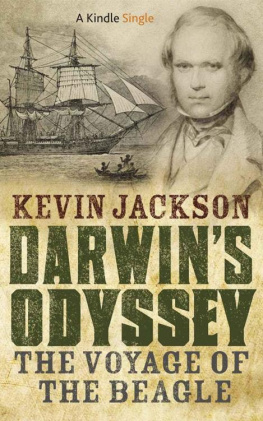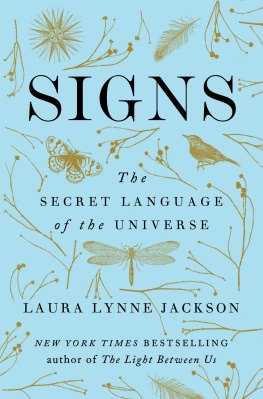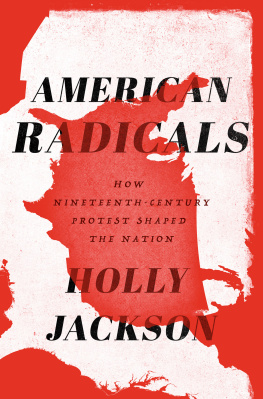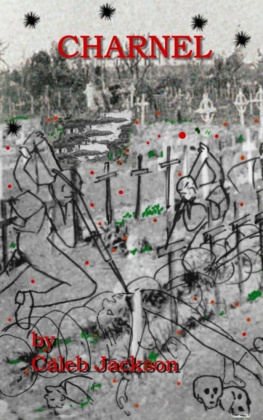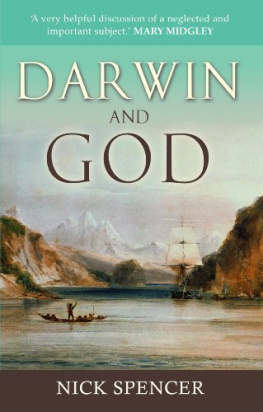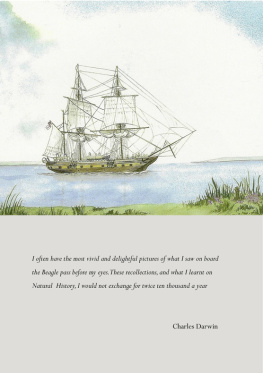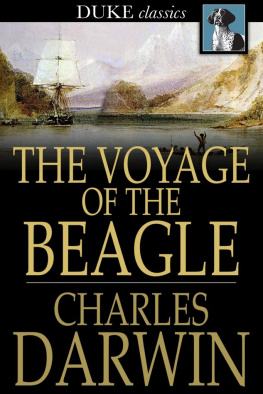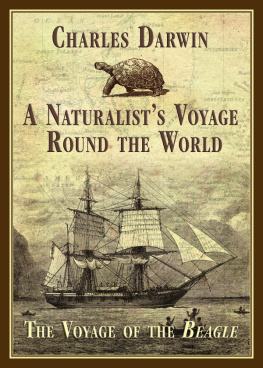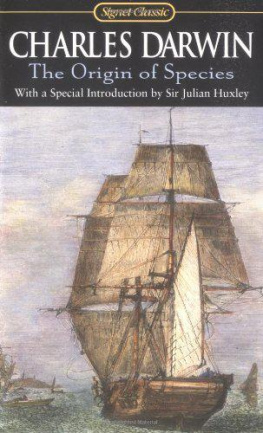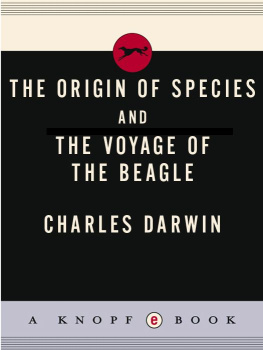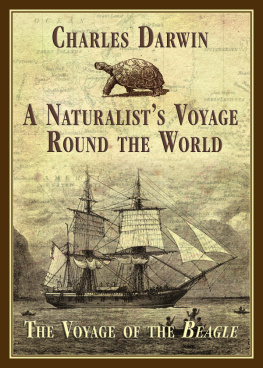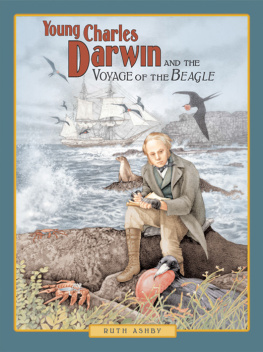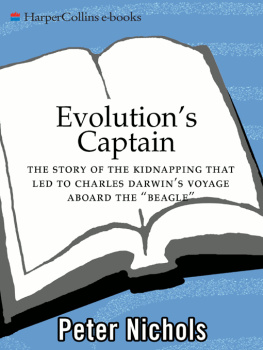Charles Darwin had endured thirty years of constant hard and often agonisingly dull work. He had been dogged by chronic illness blinding headaches, agonising stomach cramps, eczema, palpitations, giddiness, and a daily, sometimes hourly, compulsion to vomit. Sometimes these pains were exacerbated by bouts of severe depression that rendered him all but incapable of movement or speech. Melancholy was something that ran in his family, but Charles suffered it more than most of the Darwins, not least in the unbearable months after his most beloved daughter, Annie, died at the age of ten. In middle life he had grown ever more timid, and at times somewhat reclusive. Almost morbidly afraid of offending anyone, and aware that when his alarming theories about the mutability of species were made public many people would be outraged, he had delayed making his conclusions known for twenty years. Another reason for his delay was caution and self-doubt: he wanted to be entirely certain that each of the points he wished to make could be supported by a body of evidence so massive as to be overwhelming. This process had included eight full years engrossed in a minute study of thousands and thousands of barnacles. A distant branch of our family tree.
Gradually, though, around the start of the 1870s and until his final days, Charless mood began to lighten. Other, more pugnacious men like his close friend Thomas Huxley had fought the good fight on his behalf. A large part of the civilised world now knew his name, and though angry voices were still raised against him, he was a hero to the thoughtful classes of every nation. Evolution, once an insult to humanity, was now not merely tolerated but enthusiastically embraced by some of the most powerful men and women in the world. Honours poured in from Europe and America, and he was elected to more than sixty learned societies. He was prosperous, powerful, and quietly proud of his accomplishments.
Moreover, as Charless anxieties decreased, his health improved strong evidence that the symptoms which had made his life a purgatory for three decades must have been nervous rather than organic in origin. He had always doted on his wife Emma and his children, when breaks from his almost unrelenting labours gave him time for domestic affection. Now he could enjoy their company more frequently and with less divided attention. In later years, they would recall his sweet, gentle nature with fondness. The shy, self-tormenting invalid had become a Victorian patriarch and benevolent squire. And he had changed mankinds view of the world more profoundly than any scientist since Copernicus. More profoundly, perhaps, than any scientist before or since because the battles for and against his dangerous discovery involved hot emotion as well as cool intellect.
None of this would have happened had he turned down an offer that came to him when he was a hearty, healthy, apparently lazy young man of twenty-two summers.
Dr Robert Darwin was angry with his youngest son, Charles. It was the summer of 1831, and the youngest of the Darwin boys looked as if he was wasting his life. You care for nothing but shooting, dogs and rat-catching, and you will be a disgrace to yourself and all your family, the Doctor shouted at Charles. Many years later, looking back on this outburst, Charles had to agree that his father had not been exaggerating: He was very properly vehement against my turning [into] an idle sporting man, which then seemed my probable destination
As far as Dr Darwin could see, his son was a three-time failure, who had daydreamed his way through school, dropped out of a medical course in Edinburgh and then spent most of his time at Cambridge riding and hunting by day and drinking and gambling at night. He was not, perhaps, downright stupid, but neither was he all that clever. Charles recalled years later in his Autobiography: I believe I was considered by all my masters and by my Father as a very ordinary boy, rather below the common standard in intellect.
More dismaying than his sub-average mental ability was Charless refusal to settle down to pursue a gentlemanly profession. Guessing that neither the Army nor the Law would suit Charles, Dr Darwin lit on the final alternative for the sons of the prosperous: he wanted him to become a clergyman. Charles made only mild objections to this plan, but he was making no effort to study the works of theology that he would need to master. In the summer months following his graduation from Cambridge in 1831 he had done little else but loll around the family house or venture out to destroy large quantities of rural wildlife with his gun.
In many respects, Dr Darwin was quite right. Charles had indeed idled at his formal studies, he had not shown many signs of mental acuity, and he was not burning with ambition to become a parson. But what his father had not noticed was how passionately Charles had been pursuing his hobbies entomology, botany, geology and other aspects of natural history. At most, Dr Darwin thought that the undemanding life of a parson would give his son plenty of leisure time to enjoy such pursuits; indeed, some of Englands leading naturalists were clergymen. Many of the countrys scientists were still, as they had been for generations, gentleman (and occasionally lady) amateurs wealthy in their own right, or blessed with virtual sinecures. It would have astonished him to learn that his son would become respected around the world as the greatest naturalist of his century, or of all time. Fortunately, he lived long enough to take pride in some of his sons astounding accomplishments.
By a quirk of history, Charles Darwin was born on the same day as another giant figure of the nineteenth century, Abraham Lincoln: 12 February 1809. Charless grandfather, Erasmus Darwin (1731 1802), had been a famous man of his day, not only as a highly successful medical doctor but also as a natural philosopher the word scientist had not yet been coined and a poet, who used verse as the medium for advancing his various theories. Erasmus, a humane and agreeable man, had propounded a theory of evolution in fact, one of the most famous of the theories of evolution that had been in the air during the late eighteenth century.
Erasmus Darwins third son, Robert Waring Darwin (1766 1848), dutifully followed the course set for him by his father and, after medical studies in Edinburgh and Leyden, settled in the provincial town of Shrewsbury, about 160 miles from London. He soon established himself as a prosperous physician and shrewd businessman, and went on to become one of the wealthiest men in the county. Some of his success was due to his unusually sensitive bedside manner. He discovered that quite a few of his patients would get better if he simply sat quietly and listened to them an antecedent of later types of talking cure.
Robert Darwin built The Mount, a large house near the river, and in 1796 married Susannah Wedgwood, the oldest daughter of Josiah Wedgwood. The Wedgewood family had grown rich and world famous from their pottery manufacturing business, and there had long been social close ties between the two families, who were also related. They shared Whig politics, supported reforming causes and were ardent voices in the battle against the slave trade. Charles maintained these political allegiances throughout his life.
As a young boy, Charles was doted on by his two older sisters, who grew ever more protective and possessive of him after his mother died in June 1817, when he was eight years old. Some biographers have speculated that this early experience of loss was at the root of the many illnesses that afflicted him from his thirties onwards; but others have argued that he was given more than enough affection to see him through his bereavement, and that while it is probable that his torments were psychosomatic, their cause needs to be sought elsewhere perhaps in his early guilt at disappointing a father who had made high demands of him.

